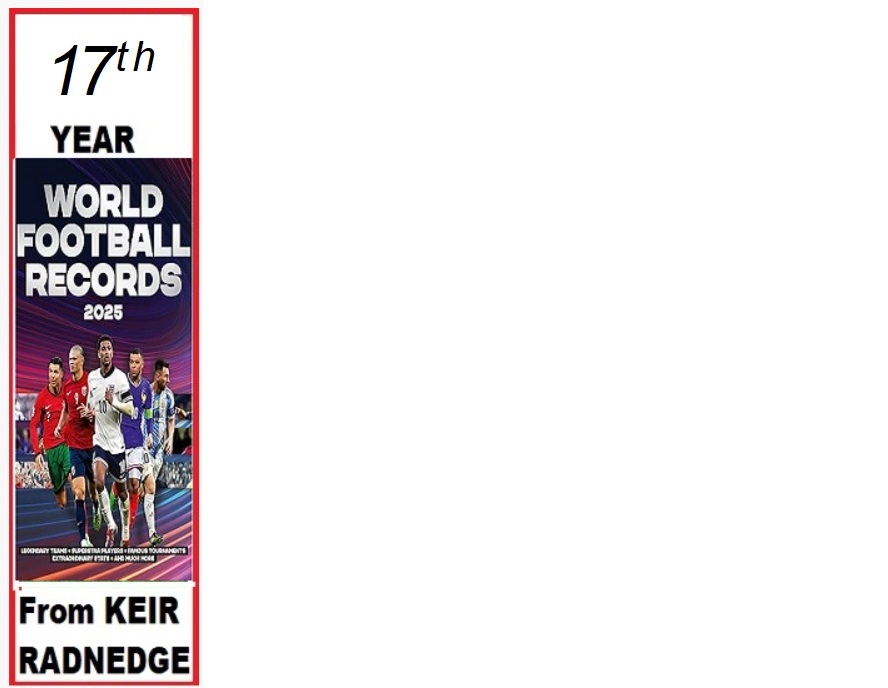FIFA confirms each FA’s World Cup host vote for 2026 will be open to public view
KEIR RADNEDGE REPORTING —- World football federation FIFA has confirmed, in publishing its regulations, that voting for the host(s) of the 2026 World Cup finals next June 13 in Moscow will be open to view.
All individual votes cast by the 211 member federations will be available for public scrutiny as will the votes of individual members of the FIFA Council, which will have recommended a shortlist of contenders to congress.
This is a major step beyond the initial changes introduced to the host selection process after the corruption-riddled scandals surrounding the double vote in December 2010 for the hosts of the 2018 and 2022 World Cups.
The subsequent stuttering reform programme saw the World Cup host decision removed from the discredited executive committee which has now morphed into an expanded 38-member council.
Technical assessments of World Cup bidders will also be published but, of equal significance, the introduction to the 2026 regulations promises that “in accordance with the United Nations’ Guiding Principles on Business and Human Rights . . . FIFA also requires the implementation of human rights and labour standards by the bidding member associations, the government and other entities involved in the organisation of the tournament, such as those responsible for the construction and renovation of stadiums, training sites, hotels and airports.”
If that determination had been in place for the 2018-2022 process then Qatar – with its kafala system – would never have progressed beyond the first stage of bidding.
FIFA president Gianni Infantino, in a recent edition of the FIFA 1904 monthly magazine, wrote: “Even before I took office, I had already embraced a firm commitment: the process to select the host – or hosts – of the 2026 FIFA World Cup™ could not leave any room for doubt.
“It is FIFA’s responsibility to the world of football to conduct these bidding and selection procedures in an ethical, transparent, objective and unbiased way.
“By the time we announce who will host the first 48-team FIFA World Cup, every football fan on the planet should be able to know why that choice was made . . . the process is as objective and transparent as it can get.”
“Every step of the bidding process will be open to public examination – and, for the first time, the process will be scrutinised by an independent audit company.”
In fact, the decision for 2026 may not even demand a vote.
The cohosting bid from United States, Canada and Mexico is odds-on favourite.
Morocco has registered an intention to bid but many insiders consider this to have been merely a statement of hosting intent aimed more at obtaining the 2019 African Nations Cup which is likely to be stripped from Cameroon.
The Moroccans’ ability to provide the infrastructure for an expanded 48-team tournament is questionable, to say the least. In the end the CONCACAF trio could land the 2026 finals merely by acclamation.
Hopefully the “open vote” promise will survive to the day when FIFA has to resolve a likely far more competitive process to pick the 2030 hosts.
The regulations:
Guide to the Bidding Process for the 2026 FIFA World Cup English
Guide to the Bidding Process for the 2026 FIFA World Cup French
Guide to the Bidding Process for the 2026 FIFA World Cup German
Guide to the Bidding Process for the 2026 FIFA World Cup Spanish
#############




